1. The Twilight Zone
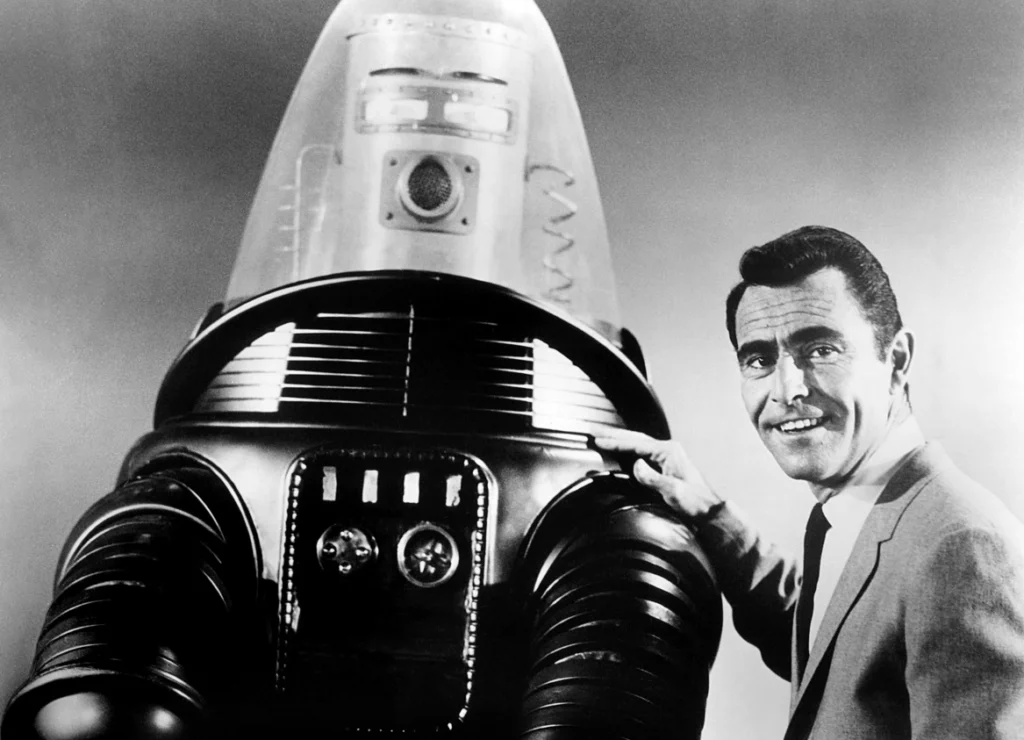
The Twilight Zone wasn’t just a show about strange occurrences and mind-bending twists—it subtly tackled some of the most pressing issues of the time. From racial prejudice to nuclear war, each episode often reflected society’s underlying anxieties and fears, yet it was wrapped in fantastical storytelling. We didn’t always catch the social commentary when we were younger, but now we can see how The Twilight Zone used its eerie scenarios to reflect on real-world dilemmas.
Episodes like “The Monsters Are Due on Maple Street” tapped into the growing fears of the Cold War, showing how paranoia can turn neighbors into enemies. Watching the show as an adult, it’s clear how it made us think about human nature and the consequences of fear, all without us even realizing it at the time.
2. Star Trek
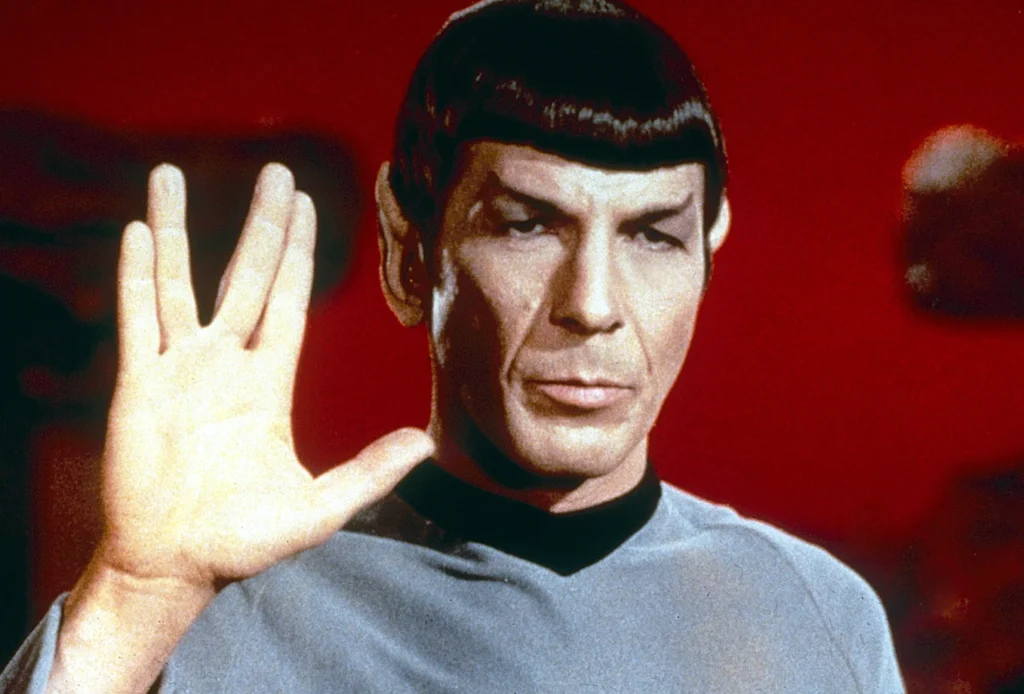
Star Trek was more than just a futuristic adventure—it was a vessel for discussions on race, equality, and diplomacy. With its diverse cast, including a Black communications officer, a Russian ensign, and a Japanese helmsman, it boldly confronted issues of tolerance and cooperation in a way that was almost revolutionary for television in the ’60s. It didn’t preach or lecture; it simply showed a world where differences were accepted and celebrated.
Episodes like “Let That Be Your Last Battlefield” made us consider the absurdity of racial prejudice through the lens of aliens who looked identical except for the color of their skin. We didn’t fully understand the implications of the show’s message when we were kids, but it was a quietly radical force on TV at the time.
3. The Man from U.N.C.L.E.
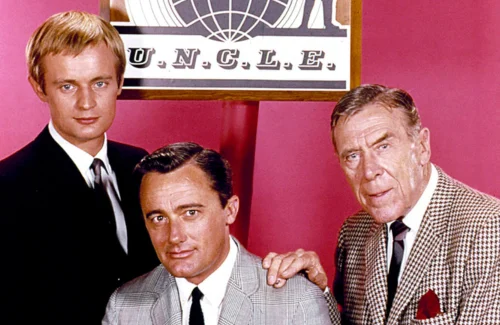
At first glance, The Man from U.N.C.L.E. may have seemed like just another spy series in a decade filled with them. However, underneath the slick suits and high-tech gadgets was a sharp commentary on the Cold War, espionage, and the world’s fragile political balance. The show presented a world where the lines between good and evil were often blurred, asking us to think about the consequences of power and control.
The relationship between agents Napoleon Solo and Illya Kuryakin was also a subtle example of collaboration between East and West during a time when those divisions were so deeply entrenched. Watching it now, we can appreciate how it explored themes of unity in a fractured world, even though we didn’t pick up on the message back then.
4. The Outer Limits
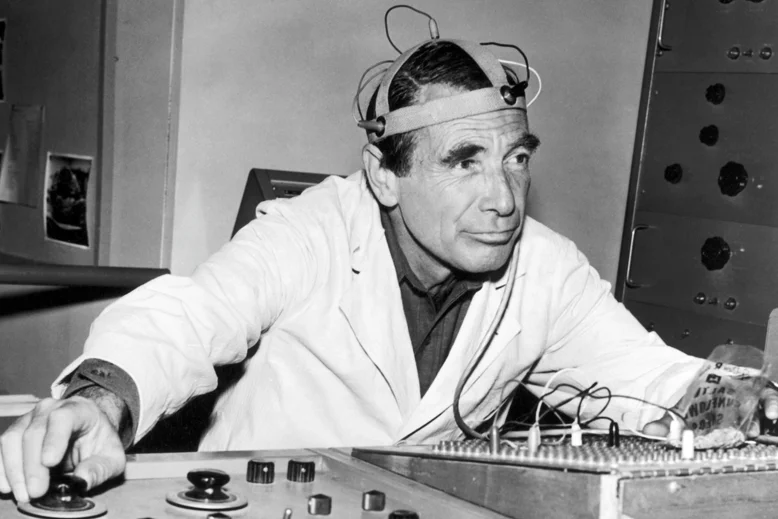
Airing just after The Twilight Zone, The Outer Limits also mixed science fiction with real-world anxieties. However, it was often darker and more philosophical, exploring human nature, ethics, and the dangers of technology. While we were entranced by the monsters and the special effects, the show’s real power lay in its ability to make us reflect on the consequences of scientific discovery.
Episodes like “The Architects of Fear” forced viewers to confront the ethics of using science for political gain, blurring the lines between good intentions and dangerous power. Though the show seemed like just a late-night thrill, it made us question our own relationship with progress and technology, even when we didn’t realize it at the time.
5. The Andy Griffith Show
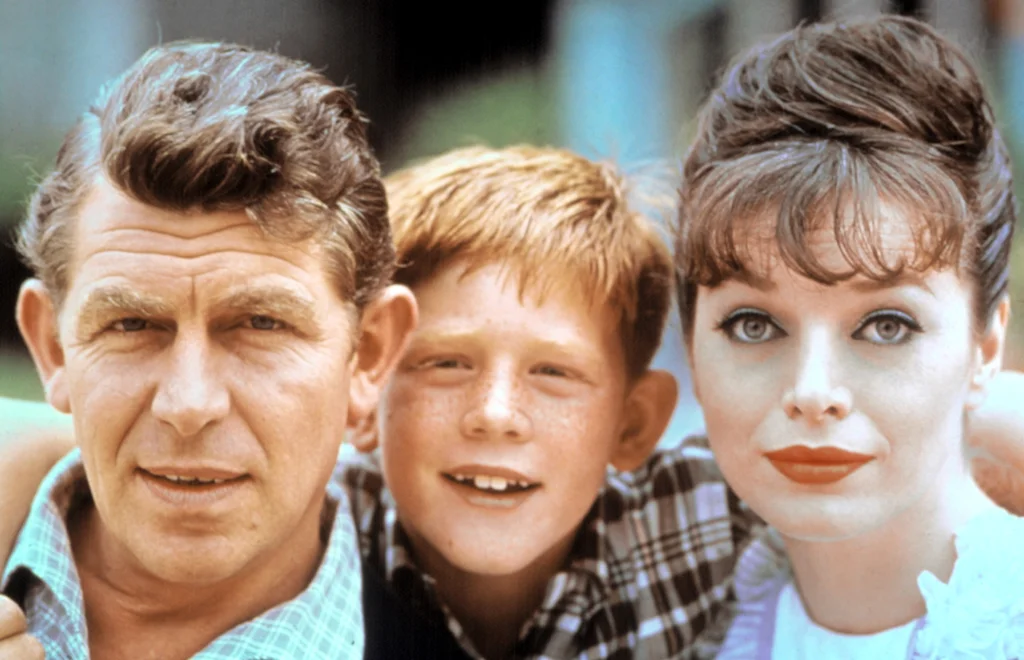
On the surface, The Andy Griffith Show was a simple slice of small-town life, full of wholesome humor and gentle lessons. But beneath the humor, it was subtly commenting on the role of community, authority, and justice in a rapidly changing America. Andy Taylor’s calm and reasoned approach to leadership reflected the era’s desire for stability and fairness during times of social upheaval.
In episodes like “Opie the Birdman,” the show touched on personal responsibility and the natural consequences of actions. As children, we were more focused on the light-hearted antics of Mayberry, but as adults, we can appreciate how The Andy Griffith Show invited us to think about ethics, the importance of family, and the value of community ties.
6. I Dream of Jeannie
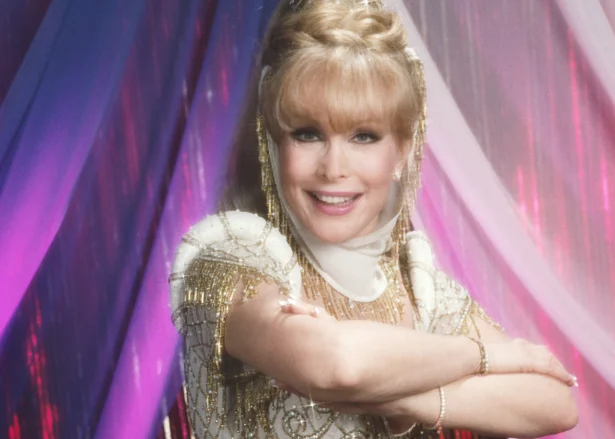
At first glance, I Dream of Jeannie seemed like a light and fun show about a genie and her astronaut master. However, the show was actually a playful yet subtle commentary on gender roles and power dynamics. Jeannie’s magical powers were vast, yet she was bound to serve her master, Captain Nelson. It was a reflection of societal expectations for women in the 1960s to be both powerful and subservient, depending on the context.
Despite the humor, Jeannie’s relationship with Major Nelson explored themes of independence versus societal expectations, often poking fun at how women were expected to behave in a world that didn’t fully understand their potential. While we enjoyed the magical antics, the show was actually challenging us to think about the roles women were expected to play in society during that time.


